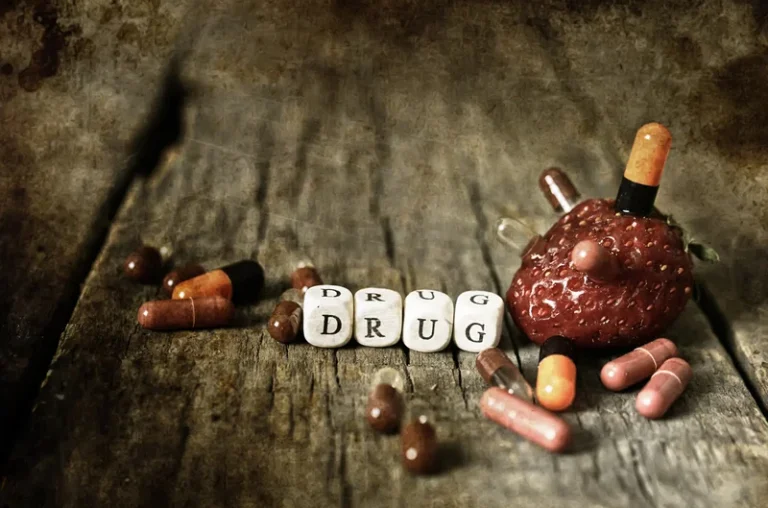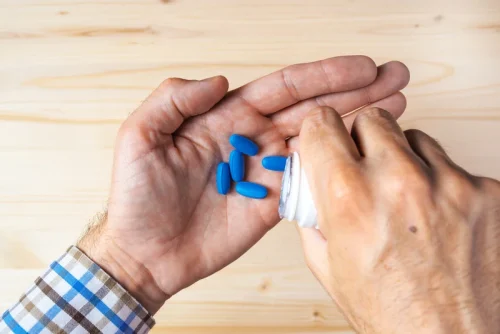
Keep it interesting and varied with sparkling water, virgin cocktails (also known as mocktails), fruit juices, low-fat milk, or kombucha. As mentioned above, it is not advisable to do the withdrawal process on your own. You can, however, take tips and suggestions on how you can make the experience a little easier. Ninety percent of the time, the alcohol goes through the liver, and only around 10% of it gets out through sweat and urine. Alcohol flushing is eliminating or flushing out all the alcohol in your body. Since your body is already chemically adjusted to the regular presence of alcohol in your system, flushing can be quite challenging.
Can you “sober up” faster with food or coffee?

After drinking a lot of alcohol, you might feel too nauseous to eat. However, food can speed up alcohol metabolism, especially probiotic foods like sauerkraut, kombucha, and kefir. EtG urine tests can detect recent drinking with a 70% accuracy — although one 2017 study showed that they’re about 85% accurate for moderate to heavy drinking.
- By reducing inflammation, exercise can help your body’s systems — including its detoxification system — function properly and protect against disease.
- It takes five half-lives for your body to metabolize all of the alcohol you’ve had, anywhere between 20 to 25 hours on average.
- If you consume too much salt, you can detox yourself of the extra water weight.
- Ensuring adequate quality sleep each night is a must to support your body’s health and natural detoxification system.
How helpful would you rate this article?
On top of that, you’re likely feeling less anxiety and are better able to regulate your emotions when life’s hiccups arise. These effects will subside as your body adjusts to the absence of alcohol. By increasing your water intake, your body reduces the secretion of the antidiuretic hormone and increases urination, eliminating more water and waste products (49, 50). That’s because when you consume too much salt and not enough water, your body releases an antidiuretic hormone that prevents you from urinating and therefore, detoxifying (48). This excess fluid buildup can cause bloating and make clothing uncomfortable.

What Is a Full-body Detox?
The liver gets most of the attention when it comes to alcohol metabolism. Your liver has enzymes that work like special tools to help metabolize (break down) different toxins that enter your body, such as alcohol. Unfortunately, this process isn’t as quick as we’d sometimes like, and there’s no magic switch to speed it up drastically. But, don’t fret; there are steps you can take to assist your body in this detox process. Erin is a Nurse Practitioner with 8 years of experience in midwifery and women’s health.
How Your Body Metabolizes Alcohol
Moderate impairment can also make you more likely to engage in risky behaviors such as driving under the influence or becoming aggressive with others. When you first start drinking, you will begin to experience mild signs of impairment. You’ll feel the relaxation and positive mood that makes alcohol consumption https://ecosoberhouse.com/ enjoyable but also some of the adverse side effects. Your memory won’t be as sharp, and it’ll be more difficult to focus. You may also become less coordinated, and your speech may begin to slow down. The severity of the short-term effects of alcohol depends on how much you’ve had to drink.
How to stop drinking

However, when your goal is to flush out alcohol from your body, you should drink more of it. This will help wash off the last traces of alcohol in your body and bring delicate tissues back to life. Many people who have previously experienced alcohol withdrawal also recommend having cayenne pepper on hand.
What are the signs that I should seek professional help for my drinking?
A study from Australia concluded that impairment of motor skills is one of the side effects of consuming alcohol that also affects athletic performance. In addition, exercising will add more stress to your liver as it has to process the toxins from the alcohol and will eliminate lactic acid more slowly, leading to cramps. The food you eat while recovering from a night of drinking will affect how quickly you detoxify your body. Some foods can help speed up the process and make you feel better, whereas others hinder recovery. Many people stop experiencing alcohol withdrawal symptoms four to five days after their last drink. Alcohol metabolism rates vary by individual, but on average, the liver can process one standard drink per hour.

Saliva and Breathalyzer Test
- A half-life is how long it takes for your body to get rid of half of it.
- Drinking alcohol at a faster rate by participating in binge drinking can cause your blood alcohol concentration to increase, compared to sipping liquor or consuming at a moderate pace.
- Eating iron-rich foods can give you energy, make you feel replenished and help to alleviate the effects of alcohol consumption.
- But if hangovers become more frequent, it might be time to get some help to cut back on your consumption.
- However, long-term or excessive use can slow down that process and could damage your heart, liver, kidneys, and gut health.
Withdrawal has a way of keeping you drinking even when you want to stop. If someone’s blood alcohol content is 0.08, it would take about five hours and 20 minutes for the body to metabolize the alcohol. It typically takes a person with a BAC of 0.20 anywhere from 12 to 14 hours to reach sobriety. If someone with alcohol problems also battles how to flush alcohol out of your system depression, their symptoms may worsen when drinking. Similarly, people with anxiety who drink heavily may experience stressful emotions that can cause a change in the stomach’s enzymes, which affects how a person breaks down alcohol. Heavy drinking can eliminate vitamins and minerals from the body, which can lead to a hangover.
Maintain a healthy diet
It takes five half-lives for your body to metabolize all of the alcohol you’ve had, anywhere between 20 to 25 hours on average. My coconut charcoal can also help to bind to potentially irritating proteins, such as casein and gluten. In some cases, alternative tests — such as a breath, hair, or blood test — may be more appropriate and valuable.
Alcohol Detox Programs
Working out does not directly flush out alcohol from your body per se, but it helps keep you healthy, active and invigorated. You will breathe easier and sweat profusely, releasing toxins naturally. This will help make the flushing out of urine and, essentially, the alcohol in your system. Experts say we all need at least eight glasses of water every day.
Recent Comments